Two weeks after the industrial explosions at the Port of Tianjin in Tianjin, China, the death toll continues to rise, dozens of people remain missing or unaccounted for, and others are still hospitalized. The latest published figures are according to China Radio International: 135 dead, 38 missing, 582 currently hospitalized (of which 36 are listed as being in serious condition). At least 81 of the dead were firefighters.
The warehouse at the center of the explosions was operated by Tianjin Rui Hai International Logistics Co. Ltd. Police have detained top executives of the company, including CEO Yu Xuewei. Also among the detained is deputy chief executive Dong Shexuan, who happens to be the son of the former chief of police for the Port of Tianjin. In an interview with Xinhua, Yu and Dong admitted that they used their connections, known in China as guanxi to get “various fire safety, land, environmental and safety certifications,” turning the disaster into a corruption scandal.

In the interview, Dong Shexuan told Xinhua: “My guanxi” are in police and fire. When we needed a fire inspection, I went to meet with officials at the Tianjin port fire squad. I gave them the files and soon they gave me the appraisal.” Furthermore, the official Chinese newspaper, the People’s Daily reported that Rui Hai International did not have a license to work with dangerous chemicals. This prompted the Central Commission for Discipline Inspection to investigate Yang Dongliang, head of the State Administration of Work Safety.
A different issue that is being investigated is the location of the warehouse. It was 560 meters from residential buildings, but regulations only require a distance from major transport hubs and public buildings, which is set at 1000 meters. In order to test for chemical contamination, authorities have placed small animals, such as rabbits, pigeons, and chickens in a “core” area of Tianjin to test for latent chemical effects.
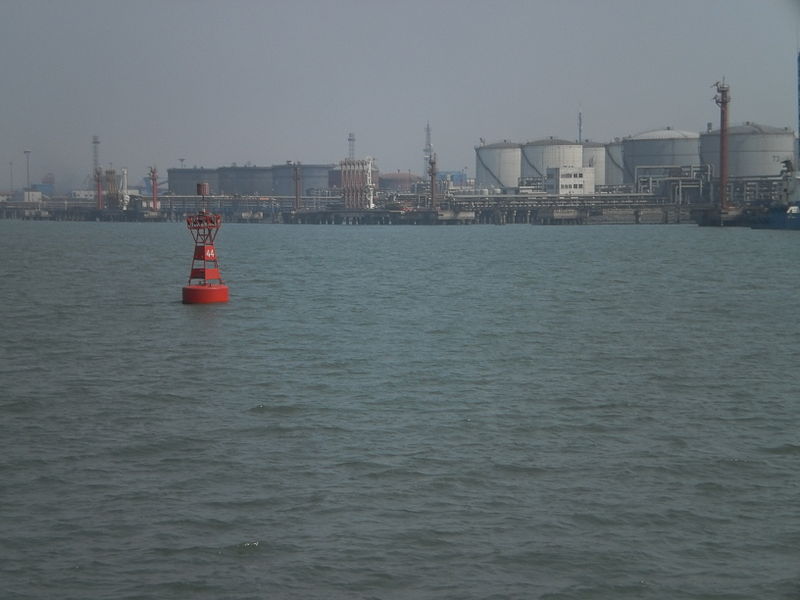












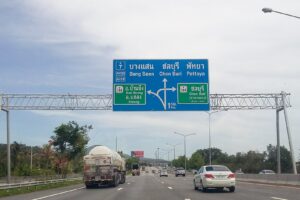

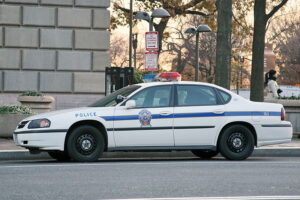


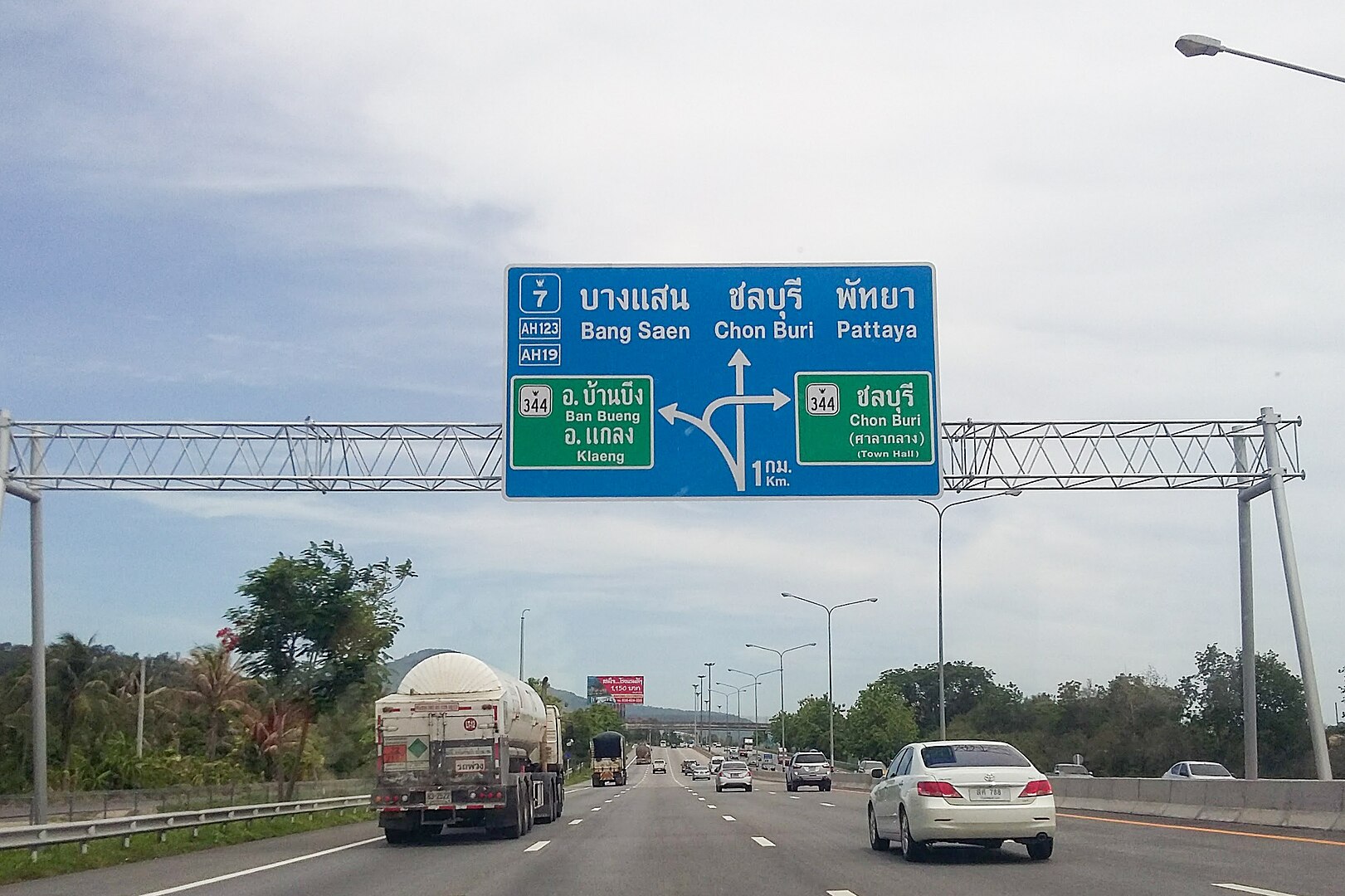

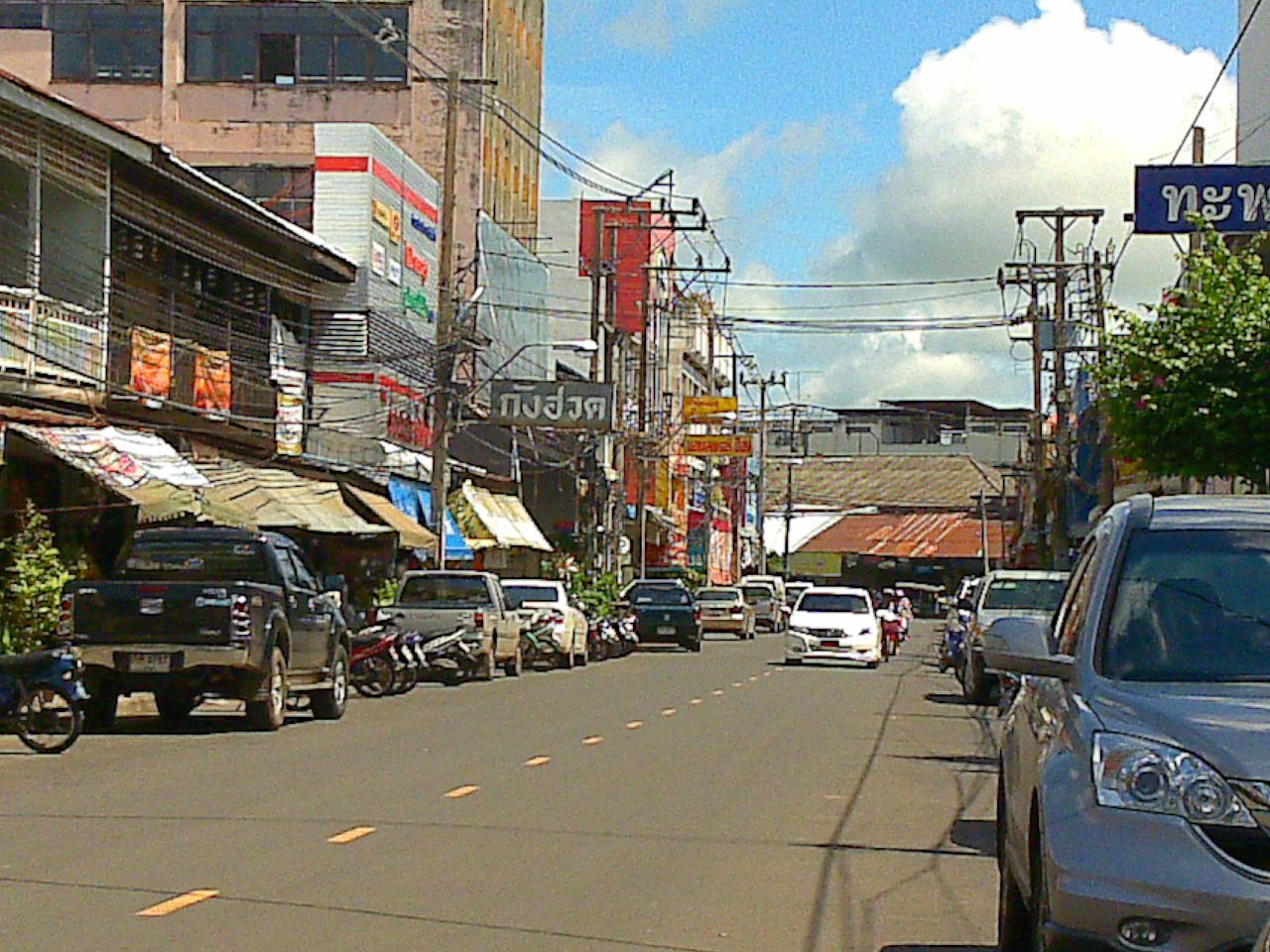
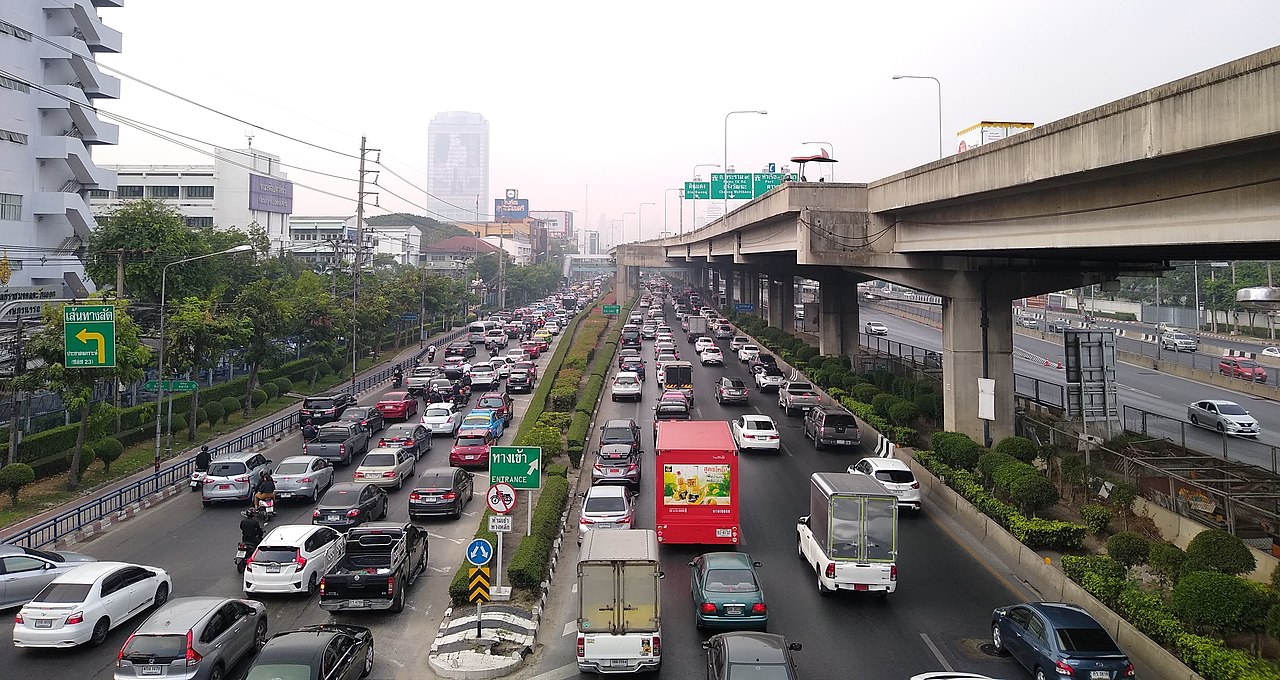
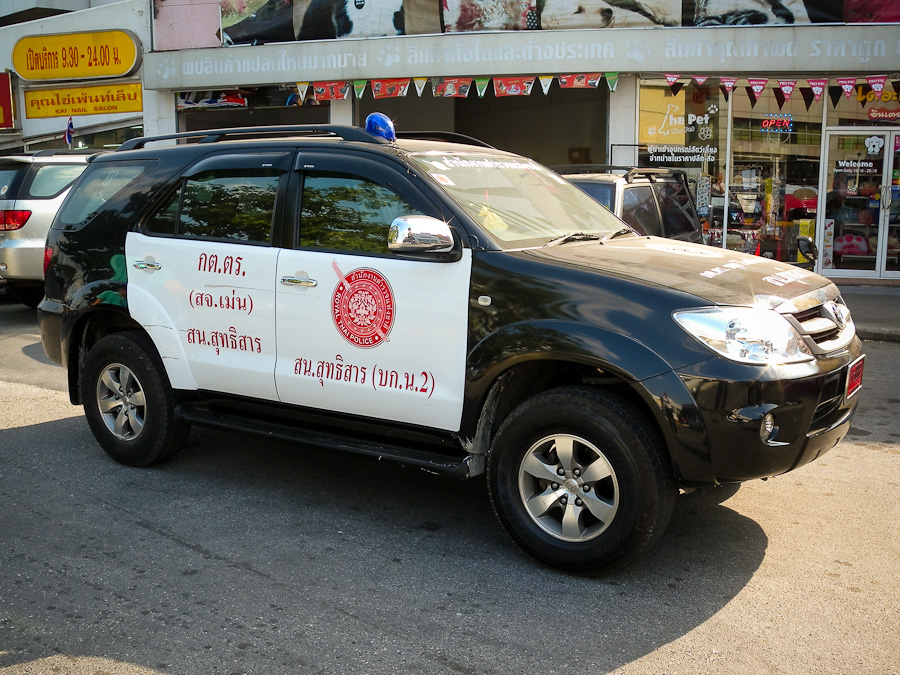
+ There are no comments
Add yours